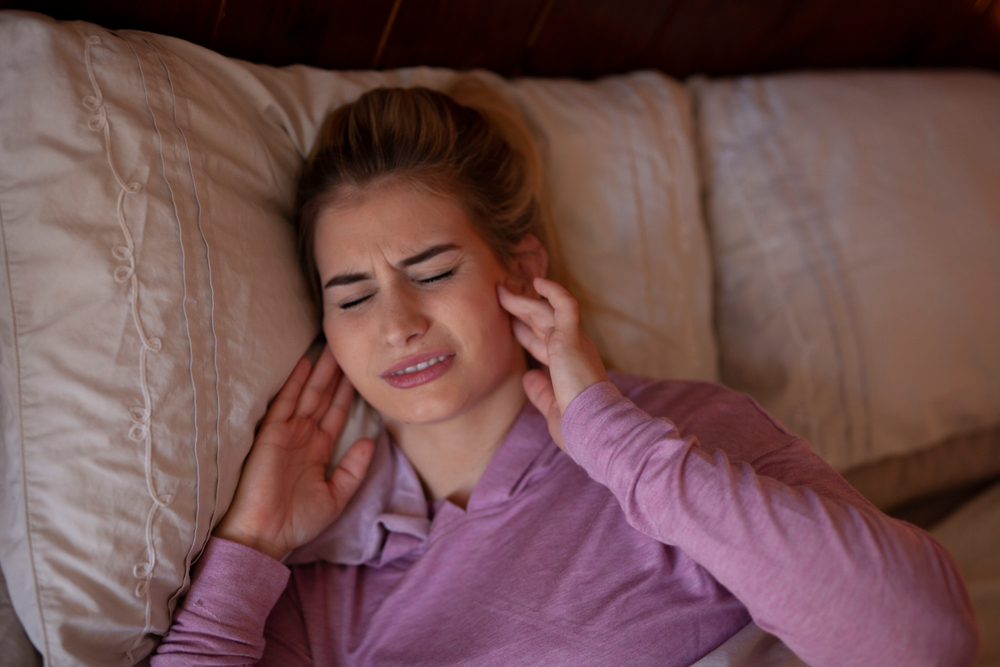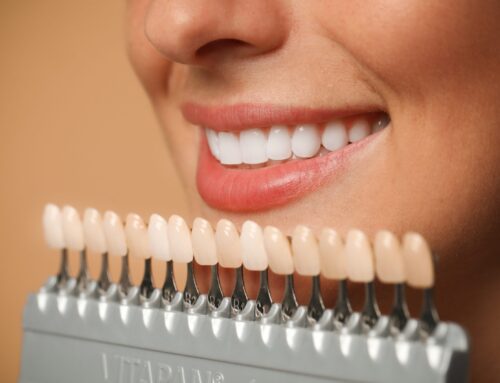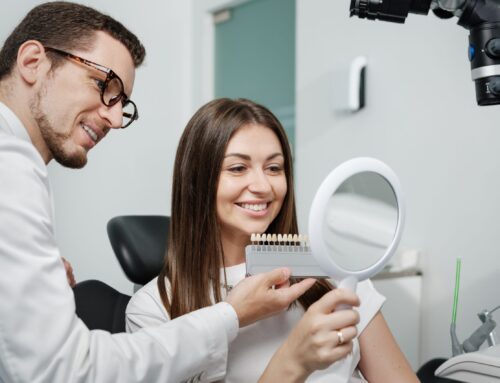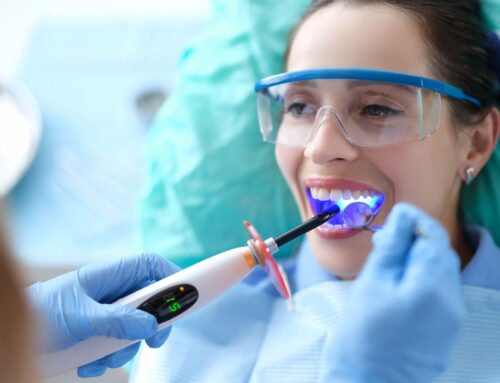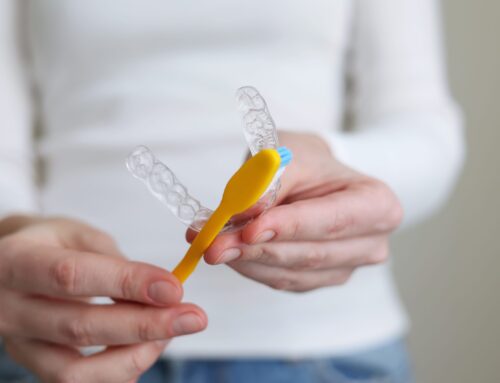Teeth grinding, also known as bruxism, is more common than you might realize. Since it typically happens while sleeping, it can be hard to catch. But just because it’s easy to miss doesn’t mean it’s harmless. Over time, the grinding can cause real damage, not just to your teeth, but to your overall oral health.
What Causes Teeth Grinding?
There are several reasons why you might be grinding your teeth:
- Stress or anxiety
- Sleep disorders like sleep apnea
- Misaligned teeth or bite issues
- Lifestyle choices like excessive caffeine, alcohol, or tobacco use
It’s important to know the difference between teeth grinding during the day and at night since they can be caused by different things. Daytime teeth grinding usually happens without you realizing it, when you’re focused, stressed, or anxious. Nighttime teeth grinding is involuntary and can be more difficult to detect without a dentist’s help.
Common Signs of Teeth Grinding
- Waking up with a headache
- Jaw soreness or tightness
- Chipped or worn teeth
- Increased tooth sensitivity
- Jaw clicking or popping
- Disrupted sleep
If you’re experiencing any of these teeth grinding symptoms, it might be time to make a dentist appointment.
The Long-Term Risks of Bruxism
1. Tooth Damage
Repeated grinding can reduce your teeth’s enamel and cause cracks or fractures, which may require restorative dental work.
2. Jaw Problems
Repetitive stress on your jaw can lead to temporomandibular joint (TMJ) problems, causing pain, clicking, or limited jaw movement.
3. Gum and Tooth Issues
The pressure from grinding can also impact your gums, putting you at risk for gum recession or disease. It can also cause your teeth to move or shift.
4. Sleep Problems
Teeth grinding can disrupt your sleep because of the discomfort it causes. The sounds can also disturb your partner’s sleep.
5. Costly Repairs
The damage from grinding your teeth can lead to the need for dental work, such as crowns, implants, or veneers. It can also lead to the need for repairs on any existing dental work.
How To Stop Grinding Your Teeth
There are several solutions to help you stop grinding your teeth. Choosing the best one for you depends on why and when the grinding is happening.
- Custom nightguards: Wearing a nightguard can protect your teeth and jaw from the pressure caused by teeth grinding.
- Decreasing stress: Relaxation techniques, meditation, or counseling can help if stress is the leading cause of your teeth grinding.
- Orthodontic treatment: Braces or aligners can fix the position of your teeth. They can also help reduce jaw strain that may cause teeth grinding.
- Bite adjustment: Making small changes to the surface of your teeth to improve your bite can help reduce wear on your teeth.
- Lifestyle changes: Adjustments like reducing caffeine and alcohol intake and improving your sleep habits can help alleviate tension and stress.
- Botox therapy: For severe jaw tension, Botox can relax the muscles and reduce grinding.
Get Relief from Premier Cosmetic & Family Dentistry
The team at Premiere Cosmetic & Family Dentistry can help relieve any pain or discomfort you’re experiencing. We offer periodontal therapy to address gum issues and Invisalign to correct your teeth, along with overall dental care. This includes exams to determine if you grind your teeth and what we can do to prevent it.
Schedule a consultation with us and get ahead of any damage to your teeth and jaw that chronic teeth grinding might have caused.

